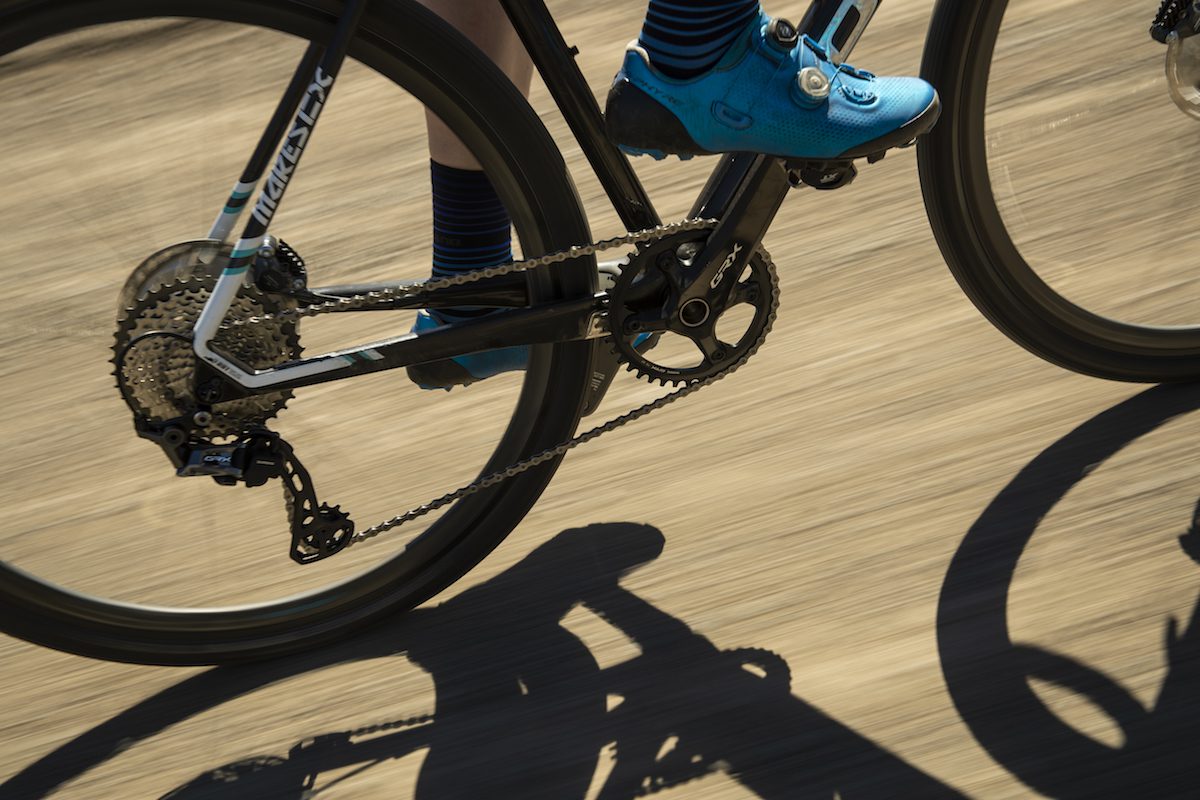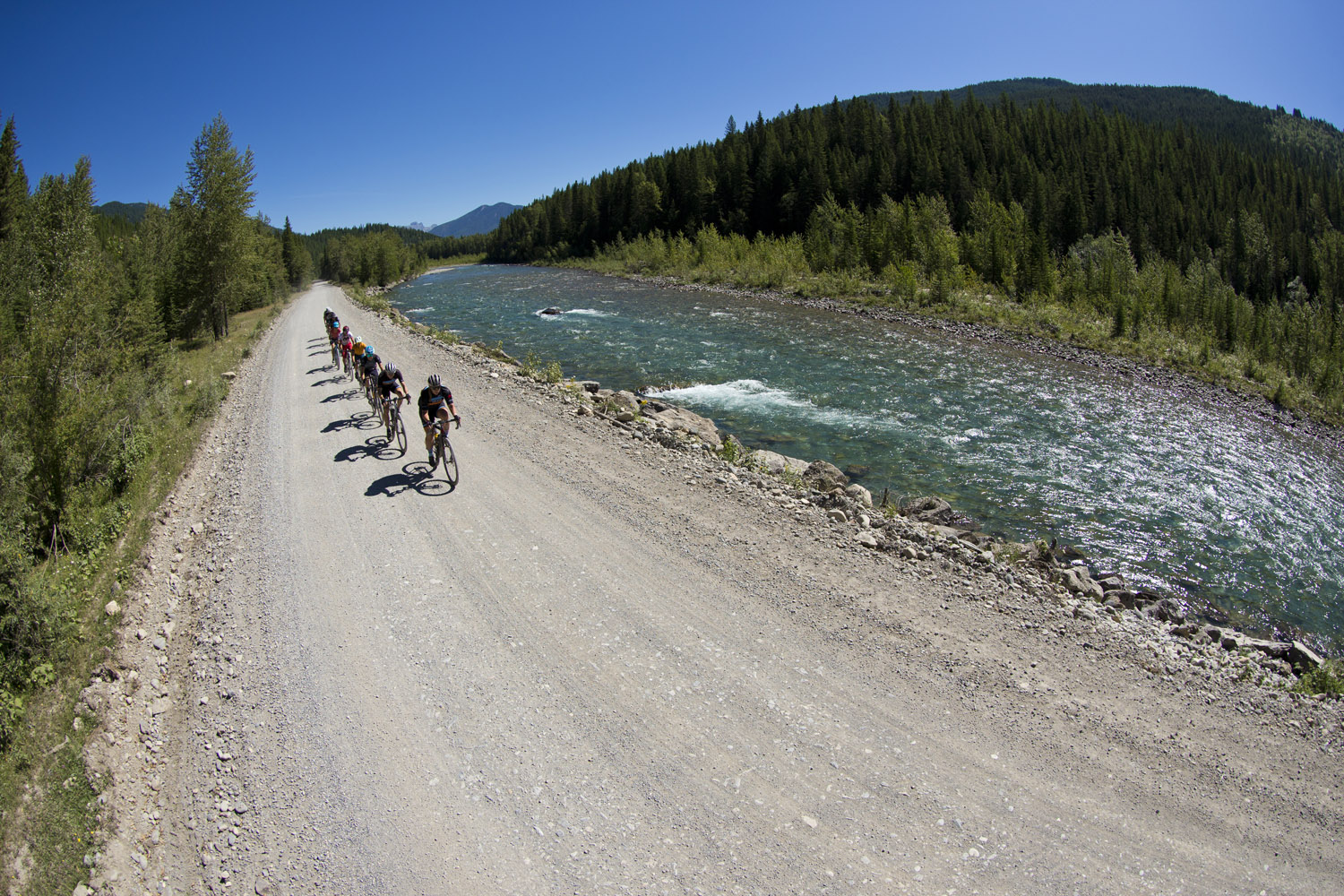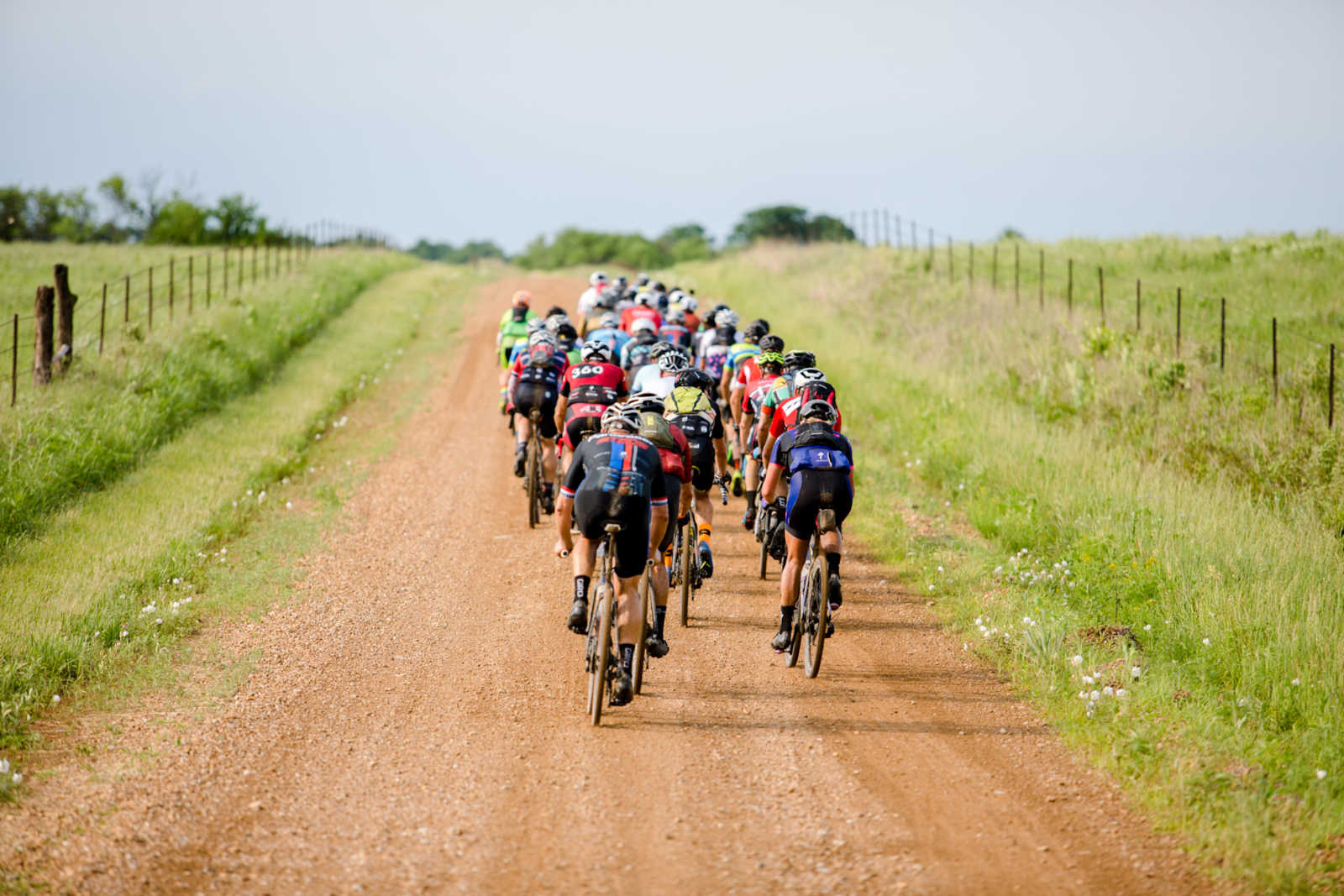The ‘Spirit of Gravel’ is an impossible and contradictory ideal
It also probably misses the point

As the gravel racing scene builds towards its mid-season crescendo at Unbound, the elite ranks are, once again, dividing into disputes about the illusory “Spirit of Gravel.” This spring, it’s Canadian Adam Roberge that finds himself the villain. His crime? Using basic road tactics to win a gravel race. How dare he?!
Controversy, real or imagined, is the only thing the U.S. mass participation gravel scene seems to produce more reliably than registration numbers (and there are apparently 4,000 riders registered for unbound this year). Often, this debate plays out almost entirely online, unbeknownst to the majority of racers. Unless the Life Time cameras are filming, or bored reporters need something to feed the algorithms.
What the latest “controversy” makes clear, if the 5,000 controversies before that hadn’t, is that the so-called “Spirit of Gravel” is not only imaginary it is also so vague that, when you push it for any specifics, it is completely contradictory.
RELATED: Adam Roberge wins Gravel Locos but was flamed for using actual tactics
Take Roberge’s case. He was accused of not working enough in the lead group, leaving him with the energy for a late attack. Never mind that the lead group included more well-funded former pros LARPing as “privateers” and fully supported riders, this Canadian had the audacity to try and win instead of just letting the result unfold as the Spirit decreed.
Spirit of Gravel spits in its own face / Spirit of Gravel is an impossible utopia
But let’s look at the alternative. As Roberge suggested, if you’re not allowed to work together, then gravel races should be run as a long line of individual time trials. No working together, no drafting, no teams, no tactics. Just pure gravel racing.
Spirit of Gravel saved, no? Well, not quite. The other side of the Spirit of Gravel is supposed to be that it is such a casual, congenial race environment (in person, because that’s clearly not true online after the race) that, unlike the seriousness of road, competitors can meet and befriend other riders while racing. So a TT doesn’t quite work either, does it?
The same is true of most past controversies that have mired the world of Gravel Twitter, some of which are important and others of which are… less so. Gravel opens up the freedom to experiment with new and exciting equipment. Unless it’s TT bars. Gravel is about everyone, pro and Joe starting together as equals. Unless too many pros show up or the pros are too fast and beat the gravel “regulars.” It’s about men’s and women’s starting the same course together as equals. Until that ruins the pro’s chances of a fair race. Gravel is about showing up at a race with a bunch of friends. Unless you work together with those friends in a way that others consider unfair. Gravel is about the shared experience of overcoming the challenge a course presents. Unless that experience is too closely shared, and one rider doesn’t take on his full share of the experience.
RELATED: 7 circles of gravel hell
It’s not entirely surprising that the idealistic and largely self-regulating scene consistently produces contrived controversy. Mountain biking and road racing, the two disciplines gravel arguably emerges from, don’t have the same problem. They have the UCI to scapegoat for restrictive and sometimes silly rules, or the lack of rules. And they have a clearly defined objective: winning.
Gravel, on the other hand, is “about the experience.” As the discipline gets increasingly lucrative, and professional, that creates a problem. How do you win the experience? Or, more specifically, how do you win the experience and still prove to your sponsors that it’s worth sending you all over the continent to contest mass participation events?
Well, winning starts to look a lot like it does in other disciplines. You try and win, and you do so within the rules.

What comes next?
In the early days of enduro mountain biking, a similarly “fake chill” status quo ruled. Racers had to try win without looking like they were trying or even cared about the result. Then the UCI took over and racers could relax and just try to win.
The UCI is trying to get its claws into gravel racing, but it’s not likely that that will, well, make gravel better. Or more fun.
The solution is, arguably, much easier. Just admit that gravel now includes an element of serious racing. Serious racing and congeniality, even friendship between competitors aren’t contradictory. That conceit that they are is, arguably, at the core of gravel’s problems right now. That, and the dominance of vague unwritten rules. Let pros be free to race, according to individual event rules instead of the UCI’s one-size-fits-all decrees. Then everyone else, which is the vast, vast majority or participants, remains free to test themselves on exactly the same course as the top racers.
Seems simple, right? It should be. And hopefully it is, because gravel is exciting. It’s fun. It is drawing in huge number of riders that might not otherwise have raced. And that is a cool thing. Lets not let some online squabbling make it look bad.

